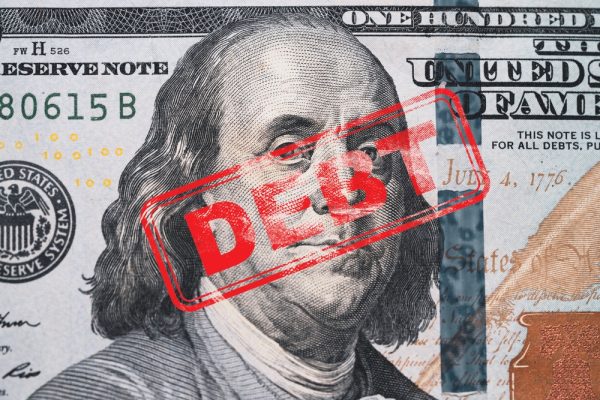
The Legal Consequences of Ignoring Tax Debt
Tax debt is a burden that many people carry, often due to circumstances beyond their control. However, ignoring this debt is not a solution and can lead to severe legal consequences. If you’re tempted to sweep your tax debt under the rug, think again!
This article aims to shed light on the legal repercussions of ignoring tax debt and why seeking qualified legal help is crucial.
What is Tax Debt?
Before diving into the legal consequences, it’s essential to understand what tax debt is. Simply put, tax debt is any amount owed to the IRS or state tax authorities after all the filing deadlines have passed. This debt can accrue from unpaid income taxes, capital gains taxes, or any other types of taxes that are not paid on time.
Typically, these debts have astronomical interest rates and can balloon quickly out of control, which is why addressing these debts quickly and completely is of paramount importance.
The Initial Steps: Notices and Penalties
Ignoring your tax debt won’t make it go away. The IRS will send you multiple notices, starting with a “Notice of Taxes Due,” followed by increasingly urgent reminders. Each notice will include penalties and interest, making your debt grow over time.
- Tax Liens: The First Legal Consequence
If the notices go unanswered, the IRS may file a federal tax lien against you. A tax lien is a legal claim against your property, including your home, car, and bank accounts. This lien will not only ruin your credit score but also make it nearly impossible to sell your assets without first paying off your tax debt.
2. Wage Garnishment: The IRS Takes Direct Action
Another severe consequence of ignoring tax debt is wage garnishment. The IRS can legally require your employer to withhold a significant portion of your paycheck to cover your tax debt. This action can be financially crippling and emotionally distressing.
3. Asset Seizure: Losing Your Belongings
In extreme cases, the IRS has the right to seize your assets, such as your car, home, or bank accounts, to pay off your debt. Known as a “levy,” this action is usually a last resort and follows multiple failed attempts by the IRS to collect the debt.
4. Legal Prosecution: The Worst-Case Scenario
Ignoring tax debt can even lead to criminal charges. Tax evasion is a federal crime punishable by hefty fines and imprisonment. While criminal prosecution for unpaid taxes is relatively rare, it is a possibility that should not be ignored.
The Role of a Tax Debt Attorney
Given these severe consequences, consulting a tax debt attorney becomes not just advisable but essential. A qualified attorney can negotiate with the IRS on your behalf, potentially reducing penalties or setting up a manageable payment plan. They can also represent you in a court of law, an outcome which might seem unthinkable, but is certainly a possibility in the realm of tax law.
Click here to learn more about the benefits of hiring a tax attorney.
Don’t Ignore the Problem
Ignoring your tax debt can lead to devastating legal consequences. From liens and wage garnishments to asset seizures and even criminal charges, the risks far outweigh any perceived benefits of avoiding the issue. If you find yourself burdened with tax debt, seek qualified legal help immediately to explore your options and minimize the impact on your life.
Remember, tax debt won’t disappear on its own. The sooner you address it, the better your chances of resolving it without severe legal repercussions.
For a free consultation with a qualified tax professional, click here or call (833) 391-1038.
Free Tax Case Review
If you are struggling with tax debt or have received a letter from the IRS complete the form below.IRS Audit
You received an audit notice from the IRS
Tax Debt Relief
You owe the IRS money and are looking for relief options
Wage Garnishment
The IRS is taking part of your wages to pay off your debt
Tax Lien
The IRS put a legal claim on your property
IRS Property Seizure
The IRS is going to take your property to pay down or pay off your tax debt
Penalty Abatement
You want to request to remove or reduce penalties assessed by IRS
Innocent Spouse Relief
Relief from joint tax debt caused by your spouse or former spouse
Tax Debt FAQ
Common facts, questions and answers about tax debt and tax debt reilef
Tax Debt Lawyer
A tax debt lawyer can help you with your tax debt problems





